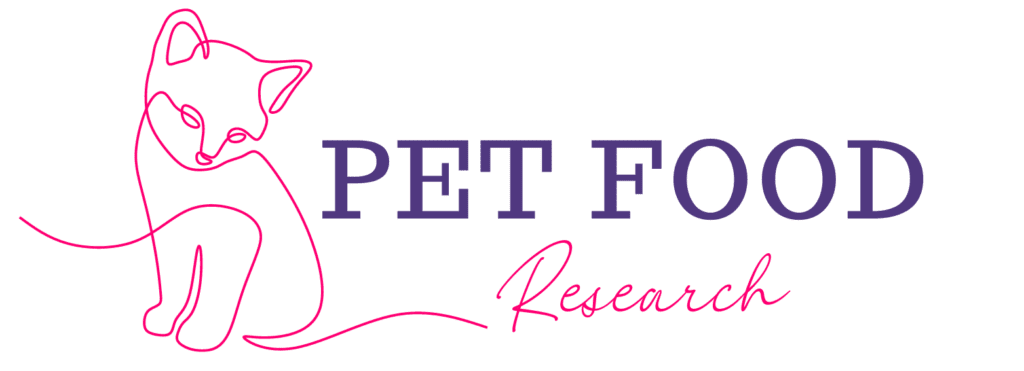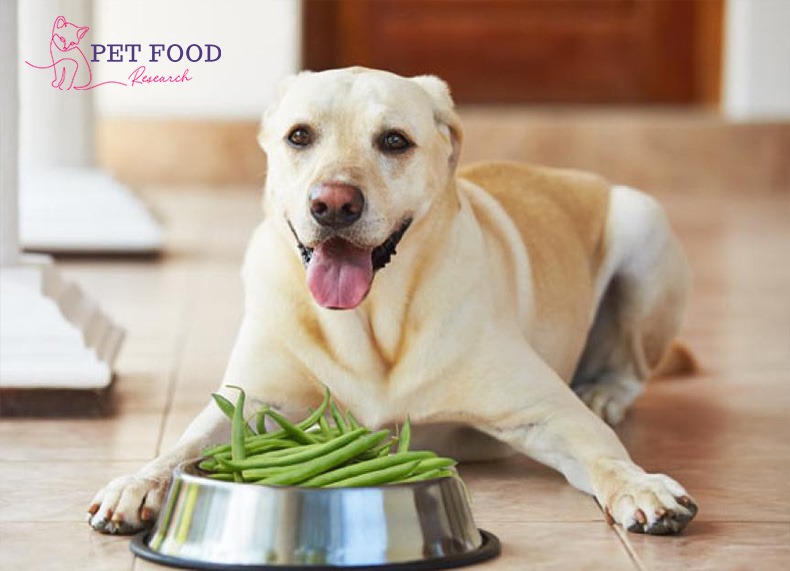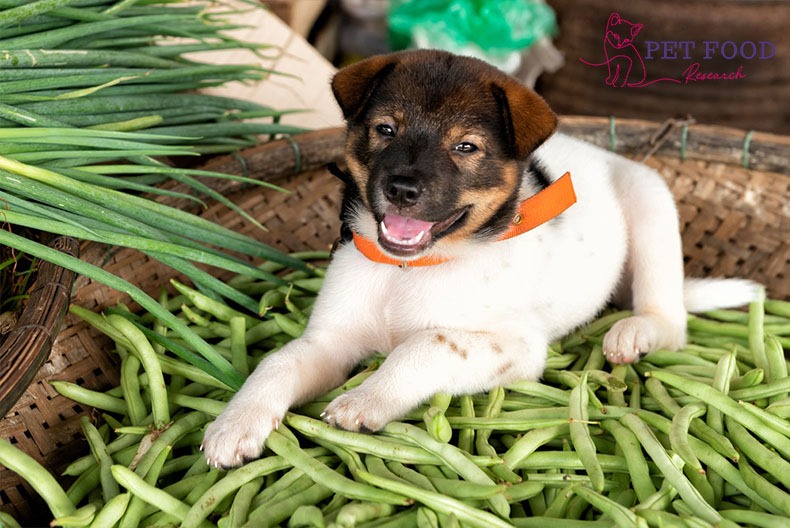Can Dog Eat Beans
Being a responsible dog owner you exert great effort to give your canine the best nutritional food along with maintaining their dietary health. Home-cooking requires you to know which foods you share with your dog during meal preparation. The question remains if dogs are able to consume beans. A dog owner can safely feed their pet beans although these should serve as supplementary food for their canine meals.
Your concern may be about selecting appropriate beans for dogs while determining proper feeding methods. It is time to understand how properly consumed beans can enhance your dog’s dietary intake.
Are Beans Good for Dogs
The health benefits of beans match well with your dog’s growth however the total amount of beans must remain moderate. All desirable things benefit from limited amounts. The protein and mineral contents of beans include minor amounts of dietary fiber together with protein. Medical experts consider beans a beneficial food source for dogs because of their nutritious properties and potential use as a healthy treat between meals. An adequate percentage of your dog’s daily calories should come from other sources since beans should make up less than 10%. High-calorie content within beans creates a reason for restricted serving quantities.
What type of beans can a dog have
Medium-sized moderation is essential for serving beans to dogs as they generally offer nutritional benefits. Your dog can safely consume specific beans but the number of serving portions and types of beans should be carefully measured. The sodium content in canned beans reaches high levels since manufacturers use salt for preserving them thus creating health risks for your pet.
Different varieties of beans can serve as nutritious dog food according to the following list:
- Black Beans
- Pinto Beans
- Garbanzo Beans
- Edamame
- Navy Beans
- Lima Beans
- Kidney Beans
Green Beans
The dietary value of green beans or string beans consists of high fiber content together with low caloric levels. Green beans function as healthy additions to the food that dogs consume. The vegetable provides your dog with vitamins A, C, and K together with foliate and potassium.
String beans remain dangerous when ingested by dogs thus you should break them before offering any to your dog.
Black Beans
Black beans contain antioxidants as well as fiber along with potassium and magnesium in their nutritional value. When serving beans to your dog remember to cut out any additional seasonings since they are harmful to their digestion.
Lima Beans
Lima beans provide dogs with significant amounts of iron together with calcium and zinc and possess magnesium content. The healthy digestive function of your dog remains optimal through black beans while their sense of fullness extends longer. The beans provide two major nutritional elements namely fiber and proteins.
Pinto Beans
Pinto beans contain antioxidants that improve immune function and maintain health for dogs throughout their life span. They serve as an additional favorable option for both dietary fiber and protein content.
Garbanzo Beans
Garbanzo beans under their official name of chick beans serve as an excellent protein source. When you choose to serve garbanzo beans to your dog ensure complete cooking before giving them. A complete washing process ensures safety for using them.
Kidney Beans
Raw kidney beans pose an unsafe risk for dogs when ingested as food. Limited portions of cooked beans represent a suitable food choice for your dog. Similar to other listed beans kidney beans provide dogs with proteins pairs with fibers as well as antioxidants and essential vitamins. The high phytohemagglutinin level in these red beans requires you to limit their amount since excessive portions can cause sickness in dogs.
Refried Beans
Refried beans should never be given to dogs as a food item. High fat content occurs in these beans to trigger digestive problems. The combination of garlic along with harmful spices including cumin and salt and chili powder makes Refries beans unfit for your pups.
Baked Beans
Dog picnics attract your pet since they consume dropped food while searching for neglected table items although baked beans remain unsuitable for canine consumption. It is dangerous to provide your dog with baked beans. Beneficialчатый услоложенный природный сироп (molasses) becomes the reason dogs should avoid eating these beans.
Canned Beans
The risks from canned beans surpass those of dried beans because dogs should not consume beans and canned beans are not suitable pet food for dogs. Dogs suffering from heart problems or high blood pressure must stay away from canned beans since their high sodium content stems from preservation through salt. You should prepare dried beans through overnight soaking followed by cooking.
Moderate portions of canned beans do not lead to severe issues for canine consumption. The constant consumption of sodium through this food will eventually create substantial health risks for your dog. The consumption of dried beans proves more appropriate than canned beans.
Soybeans
Soybeans under their commercial name as edamame function as a pleasant snack food for human consumption. The spices usually added to prepared soybeans as garlic powder and chili and sauces all pose health risks to dogs. Dogs can safely consume beans after simple cooking when prepared without extra spices since they maintain all the nutritional benefits described previously in the question “can dog eat beans.
Nutritional value of Beans
As explained, beans are a nutritional addition to your dog’s diet. This is the nutritional value of the can dog eat beans:
| Calories | 347 per 100g |
| Total fat 1% | 1.2g per 100g |
| Sodium 0% | 12mg per 100g |
| Vitamin C 10% | |
| Magnesium 44% | |
| Sugar | 2.1g per 100g |
| Dietary fibers | 16g per 100g |
How to prepare Beans for Dogs
Dogs should receive beans using human preparation methods except without the addition of any spices. Raw beans offer large fiber content that makes them impossible to digest by dogs. You should provide your dog with only plain and cooked beans when feeding this food type. To prepare safe beans for your dog dedicate a full overnight soak then thoroughly cook the beans until ready. The preparation method used for dogs to consume beans creates an environment where digestion becomes less challenging. Uncooked beans might lead to stomach problems that appear as gas production together with bloating and diarrhea in dogs. (Yet beans may lead to doggie flatulence)
The Safty Allowed Quantity of Beans for a dog to Consume
Too much bean consumption leads to digestive distress together with excessive gas production. A dog needs correct serving amounts at their introduction to new foods. Start by offering your dog had a tiny portion of beans while observing their initial response. Please watch for digestive symptoms such as diarrhea along with flatulence while your dog eats or after your dog consumes beans.
If something happens, cut back. When you plan to include beans as regular food for your dog start by offering a minimal portion daily. Begin by feeding your dog a little amount of cooked plain beans to determine if they will accept the food before adding them to their regular diet. Small dogs need only a small portion of beans added to their regular bowl of food which should be measured at one teaspoon. For larger dogs the appropriate amount of beans in their meal should be about half a cup.
Conclusion
The evidence demonstrates that beans stand as fundamental nutrients for a dog’s health development. Beans serve as nutritious elements that fit well within your dog’s eating pattern. Through bean consumption your dog can develop a strong immune system. Your dog’s recovery depends primarily on your dedication to dog feeding methods and your chosen feeding approach. Consult with your veterinarian to get clarification on doubtful matters.







